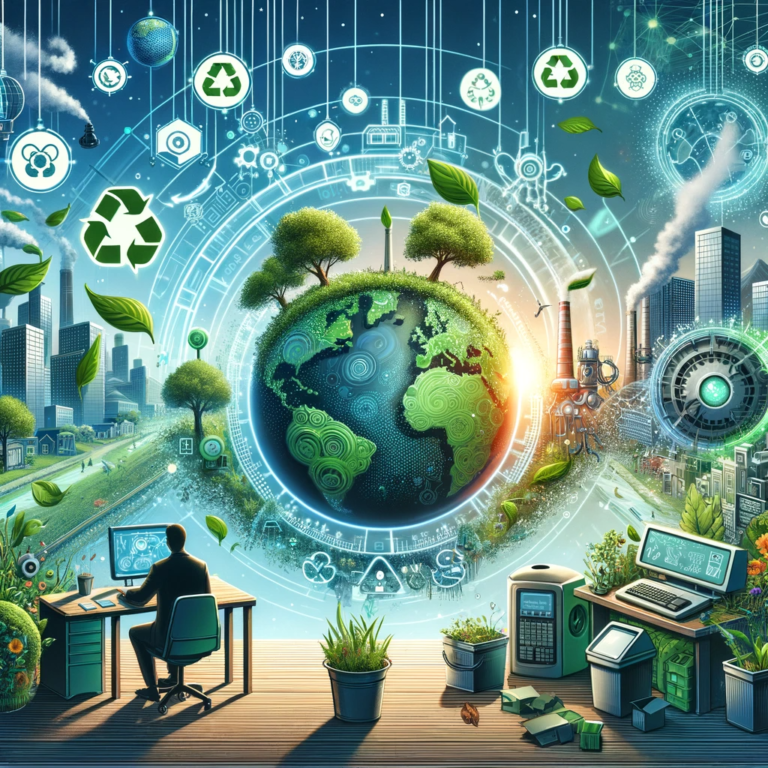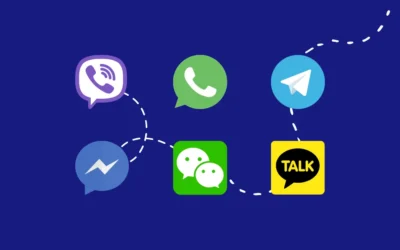As the world becomes more aware of the environmental challenges it faces, the technology industry is stepping up to reduce its ecological footprint. The rise of eco-conscious tech is transforming the digital landscape, making sustainability an essential factor in innovation. From energy-efficient devices to sustainable production practices, the digital age is evolving to meet the demand for environmentally friendly solutions.
Energy-Efficient Devices
One of the most significant ways technology is contributing to sustainability is through energy-efficient devices. Consumer electronics, such as smartphones, laptops, and smart home devices, are now being designed to consume less power, making them both cost-effective and eco-friendly. Many tech companies are prioritizing low-energy consumption and extending the lifespan of their devices to reduce electronic waste.
Green Data Centers
Data centers are the backbone of the internet, but they are also some of the biggest consumers of energy. However, the rise of green data centers is changing the game. Companies are adopting renewable energy sources, such as solar and wind power, to reduce their carbon footprint. Additionally, advanced cooling techniques and energy-efficient servers are being implemented to optimize energy use, making data storage and processing more sustainable.
Sustainable Production Practices
Tech companies are increasingly committing to sustainable production practices, such as using recycled materials in their products and packaging. For example, Apple has made significant strides in reducing its environmental impact by utilizing recycled aluminum and plastic in its devices. Similarly, companies are focusing on reducing the carbon emissions associated with manufacturing by implementing green supply chain practices and supporting fair trade.
Eco-Friendly Software and Apps
Software and app developers are also embracing sustainability. Many apps now include features that encourage eco-friendly behavior, such as promoting carbon offset programs or helping users track their energy consumption. Additionally, developers are optimizing apps to reduce their carbon footprint, with lighter code that consumes less data and energy.
Circular Economy
The concept of the circular economy is becoming more prominent in the tech industry. This model encourages the reuse, refurbishment, and recycling of old devices instead of discarding them. Companies are offering trade-in programs, and third-party services are focusing on refurbishing electronics for resale, significantly reducing e-waste.
Conclusion
The rise of eco-conscious tech is a vital part of the push toward a more sustainable future. By prioritizing energy-efficient devices, green data centers, sustainable production, and the circular economy, the tech industry is helping to mitigate its environmental impact. As consumers become more environmentally conscious, the demand for eco-friendly tech will continue to drive innovation, making sustainability an integral part of the digital age.




